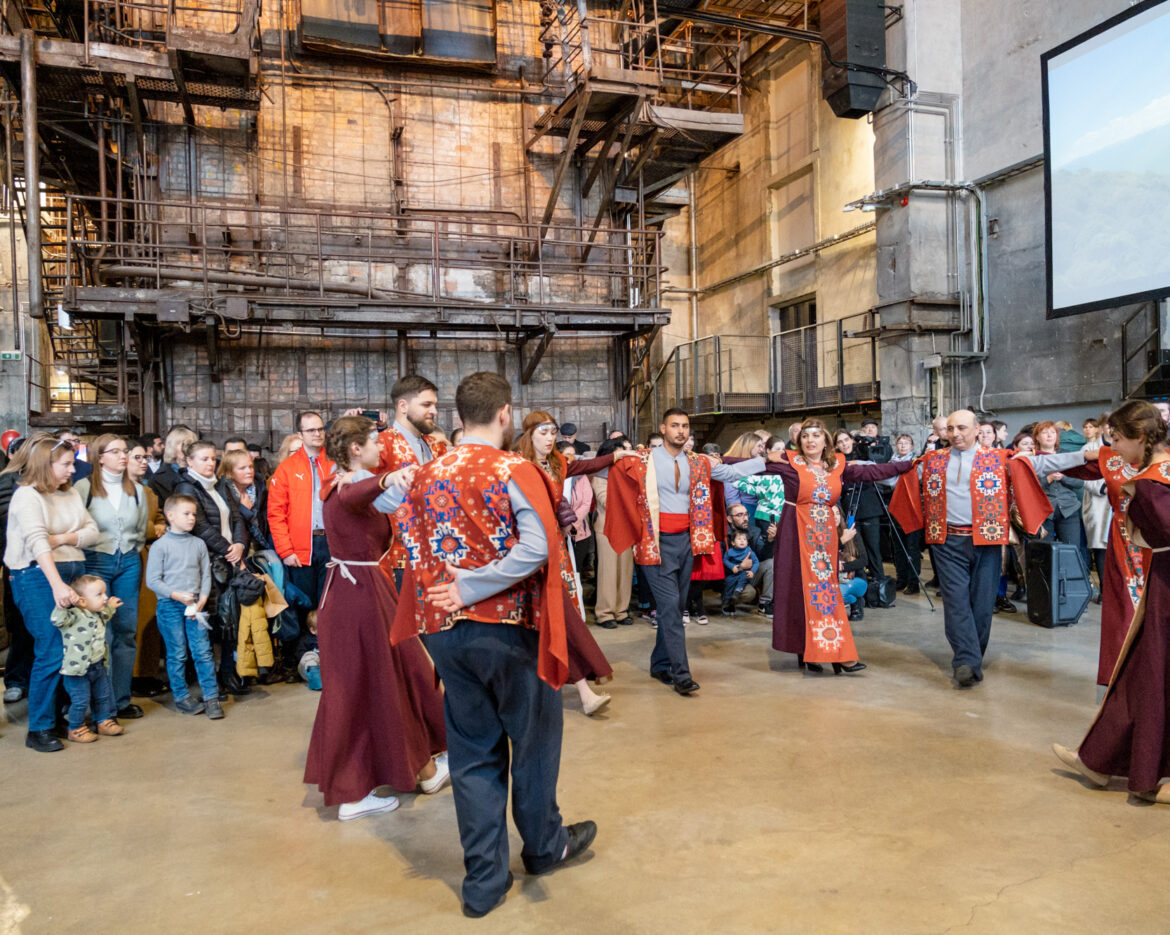
Consider these donation goals
Donation to support our own priest
Donation to support general church needs
Armenian Apostolic Church
Armenia was the first country in the world to adopt Christianity as its state religion. Our church in Estonia proudly continues this ancient heritage, actively serving our faithful and the community as a whole. Located at Tartu mnt 16, Tallinn, Estonia, it is part of the Diocese of the Armenian Apostolic Church in the Baltic States under the leadership of His Grace Bishop Vardan Navasardyan. Welcome to our spiritual home!
The history of the adoption of Christianity in Armenia is one of the most significant and unique events in the history of Christianity. Armenia became the first state in the world to officially adopt Christianity as its state religion. This historic event occurred in 301 AD when the Armenian King Tiridates III converted to Christianity. According to legend, this was facilitated by the activities of Saint Gregory the Illuminator. Gregory was a missionary who carried out a Christian mission in Armenia. He was arrested and tortured for his faith, but ultimately his mission was successful, and he converted King Tiridates himself to Christianity.
The adoption of Christianity was a key event in the history of Armenia, influencing the culture, identity, and political development of the country. Relations with Rome and Persia, which had different religious beliefs, were tested because of this decision. However, the Armenian Church continued to develop and play an important role in the life of the Armenian people throughout the centuries.
The adoption of Christianity also became a symbol of the Armenian people’s resistance to persecution and oppression. During different periods of Armenian history, especially during the Armenian Genocide in the early 20th century, the Christian faith played an important role in preserving Armenian identity and cultural heritage.
The history of the adoption of Christianity in Armenia is celebrated not only in a religious context but also in cultural and historical contexts. This event continues to be one of the key moments in the history of not only Armenia but the entire Christian world.


The Armenian Church not only symbolizes the spiritual unity of the Armenian people but also plays a concrete role in uniting them, especially for Armenians scattered around the world. Thanks to its traditional central place in Armenian culture and history, the Armenian Church has become an unparalleled symbol of national unity and identity.
For Armenians living outside of Armenia, the Armenian Church is not only a spiritual center but also a place where they can maintain their culture, traditions, and language. Many Armenians abroad maintain a connection with their roots through their affiliation with the Armenian Church, participating in services, holidays, and cultural events supported by the church.
Moreover, the Armenian Church actively helps the Armenian diaspora to preserve their identity and unity by providing various services and supporting social and educational programs. It serves as a center where Armenians can meet, communicate, and support each other, thereby creating cultural and social connections among Armenian communities in different countries of the world.
Thus, the Armenian Church plays an invaluable role in uniting the Armenian people, serving as a spiritual, cultural, and social center for Armenians both in their homeland and abroad.







